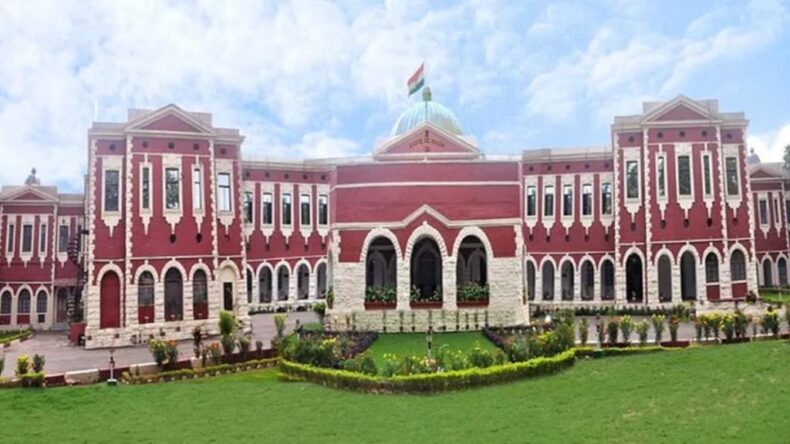A Gender Sensitisation programme was held at High Court presided by the HC Chief Justice on Sexual Harassment at the Workplace to ensure a safe and secure working environment for women.
The High court of Jharkhand Gender Sensitisation and Internal Complaints Committee organised a programme on 17 the Day of March(Friday) at the venue White Hall, High court of Jharkhand, on the theme of Gender Sensitisation with a specific focus on the Prohibition, Prevention and Redressal of Sexual Harassment of Women at the workplace.
Elucidates India’s Landmark Judgement: Vishaka V/s State of Rajasthan
Sexual harassment at the workplace is an act passed after India’s landmark judgement of Vishaka and others V/s State of Rajasthan to provide an environment of safe and secure working conditions for all women. This law has made mandatory guidelines to be followed by every employer and ensures mechanisms for grievances to be redressed, and further enactment of the right to equality for working women.

Now, the courts have also agreed that women can send their complaints via a medium of emails or by post, as decided by the 7-member committee of the Supreme Court Gender Sensitisation and Internal Complaints Committee.
Programme attended by all the judges of the high court
The conference was presided over by The Chief Justice of the Jharkhand High Court Sajaya Kumar Mishra, and Justice Anubha Rawat Choudary, Jharkhand High Court Judge and Chairperson of the High Court of Jharkhand Gender Sensitisation and Internal Complaints Committee, within the presence of all judges of the High Court.
About 120 guests and other participants attended the event, including senior lawyers, and Executive members of the Advocated Association of the High Court Registry Members.

A welcome address was given to the audience and Mohammad Shakir, Registrar General of the High Court, delivered the note.
The keynote address by The Chief Justice explained the trajectory of the law
The keynote address of Chief Justice Sanjaya Kumar explained the role played by the judges in life that happen in practice and court. He laid out the trajectory of the law to the audience, right from when and how the Sexual Harassment of Women at Workplace (Prevention, Prohibition, and Redressal) Act, 2013 came into being and right after the ratification of the Convention on the Elimination of all forms of discrimination against the Women(CEADW) on the date of 25th June of the year 1993.
Justice Anubha Rawat Choudary elucidated the details of the Procedure under the High Court of Jharkhand (Prevention, Prohibition and Redressal) Regulations, 2021, which the Jharkhand High Court has framed.
The Advocate General and Secretary to the High Court attended the programme
Two other speakers were present at the programme, the Additional Advocate General and the Member of the Committee Advocate Darshana Poddar Mishra and Child Protection Specialist UNICEF Priti Srivastav. A vote of thanks was conveyed by Tanvee, who is a Member Secretary of the High Court of Jharkhand Gender Sensitisation and Internal Complainants Committee.

Concerning the point of issuance by the press release, the programme was a successful event and made a point of resolving that the courtroom would be made a gender-friendly workplace, which could only be possible by the cooperation of all. This would further ascertain the protection of rights and individual dignities.
The other courts have also made a point that there shall be a critical engagement and refrainment from using stereotypical terms in the legal discourses and not reflecting social biases in the proceedings. Further, there is an emphasis on providing gender sensitisation training to the judges and public prosecutors and the inclusion of such aspects in the syllabus of LLB and AIBE. The SC noted that there be a formulation of a sound module on judicial sensitivity to sexual offences, which would also be part of Judicial Service Examination tests.













